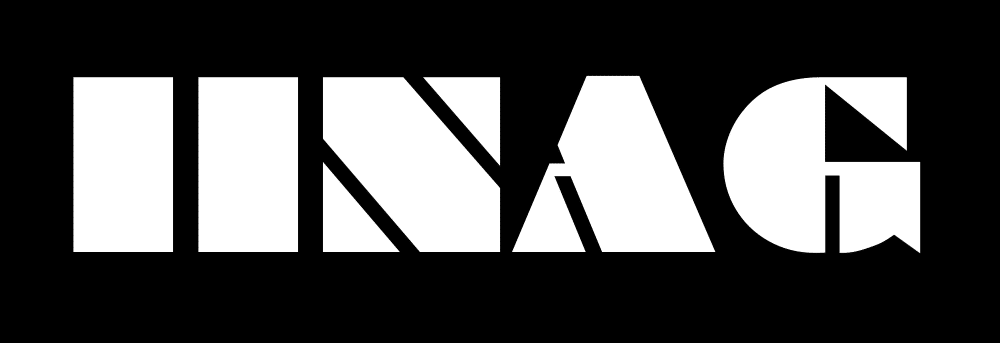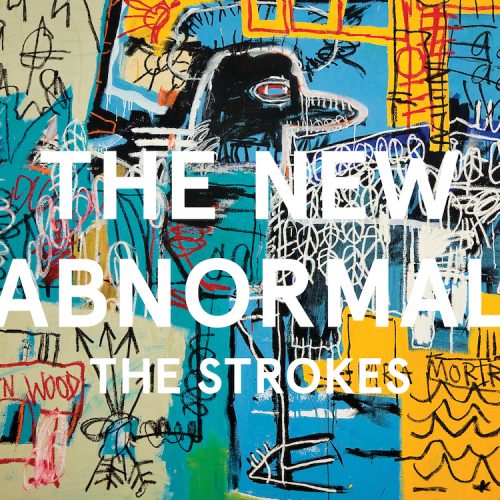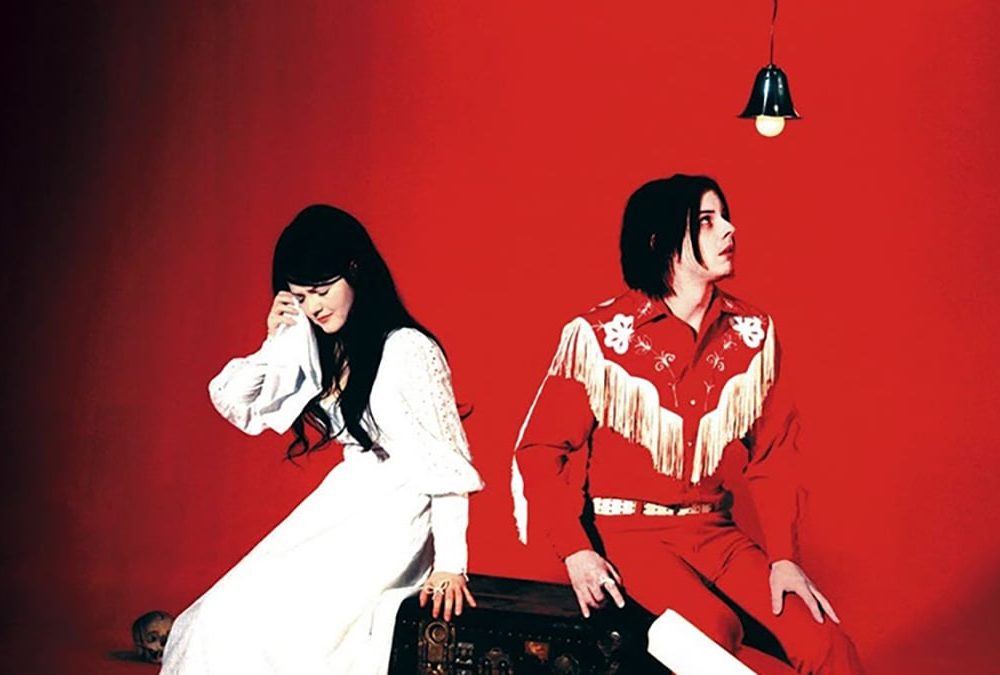
We’re in the age of the ‘rock god’ clutching its assumed immortality far too strongly – many will succumb to stagnation perhaps without realising, many will flounder while resting on the value their name holds. The Strokes have often been credited as rock saviours. They earned their legacy through their debut album, 2001’s ‘Is This It’. They’re not totally innocent where playing it safe concerned, but all subsequent albums have, in some way, felt like a truly artistic effort – ‘The New Abnormal’ is that latest effort, one that doesn’t fall back on legacy, but tips its hat to legacy.
‘The New Abnormal’ journeys both back and forth from ‘Is This It’, with a twenty-years-on, wealthier budget, but one that mostly homages bygone genres like new wave and disco. Ignore the odd instance of Rick Rubin’s trademark clipping and you’ll find yourself having fun with The Strokes for the first time in years.
It’s a pushier Strokes, a pushier Julian Casablancas, who distortedly moans into his microphone in expected fashion, but the newly-diverse standard of his voice, set on The Voidz’ ‘Virtue’, has been retained. He’s an all-rounder, capable of crazed falsetto, tyrannical tirades, and moments of laid-back sobriety – see the verses and choruses of opener ‘The Adults Are Talking’, evocative of the title track from ‘Is This It’.
On ‘Eternal Summer’, there’s a yin-yang quality to Julian’s voice. Sweet, if not irritatingly high in the verses, in which he often meanders, then strangely religious in the chorus, a rare full-throated bite (“I can’t believe it, life is such a funny journey”), as a pipe organ accompanies. It’s a rock-goes-disco tune similar to Another Brick in the Wall Pt. 2’, in fact, the guitars almost sound borrowed.
The chorus to ‘Not the Same Anymore’ is similarly intense. Julian strains in confrontational fashion, before giving up on making and throwing an almighty “yyyEAAHHeeAHHH” at the listener.
Meanwhile, ‘Bad Decisions’ is a cunning track that represents the band’s musical M.O. on the record. It interpolates Generation X while creating a core that sees the band sound their most Strokes-y.
And so, it’s evident that the stylistic approach of ‘The New Abnormal’ is far from predictable. You’d assume Julian and friends might turn to stereotypes where their compositions are concerned, but no such thing occurs; in fact, on ‘Selfless’, their capricious performance style plays its part in moulding their writing – the chorus brews and ascends with familiarity, but Julian soon throws the book out of the window by letting out an enormous, falsetto yelp.
‘Brooklyn Bridge to Chorus’ is an ode to the ‘80s in both tone and lyricism – “and those ‘80s bands, oh where did they go?”. It’s a slight wink to the camera, the Strokes with a sense of humour, making meta references, songwriting about songwriting.
It’s also one of few references to The Strokes’ Big Apple homeland, met – no pun intended – by closing track ‘Ode to the Mets’, which sees the band blindsight with synthesised woodwind, and sentimentality, a moderate, recurring go-to…
With ‘At the Door’, The Strokes make a big ballad. It’s hardly opera, but you could easily imagine the recurring synth pumps replaced by tear-jerking chamber strings, as Julian sings his heart out.
But amidst all the throwbacks and musical learnedness, ‘Why Are Sundays So Depressing’ is far more modern, especially in some of Julian’s cheesy vocal inflections – “I love you in the morning, so you know it’s no LIE”.
But the album is far more a nod to nostalgia than something totally set in 2020, made evident by all the ‘80s references and devices. You may argue ‘The New Abnormal’ is simply an answer to the question ‘what if The Strokes were an ‘80s band?’ – but it’s a little more than that.
It’s actually quite a relief that it’s a little more than that, because the motifs are generally too passé to be cutting edge in any way, but contrarily, it’s quite lovely to hear The Strokes appear so moved, which in turn has the potential to move any new or old fan.
They’re not only moved by their influences, but by the fact that they’ve been placed on the same pedestal as those influences. ‘The New Abnormal’, in that regard, is like The Strokes’ love letter to themselves, but not in an egotistical way, in a reflective, self-evaluating way.



